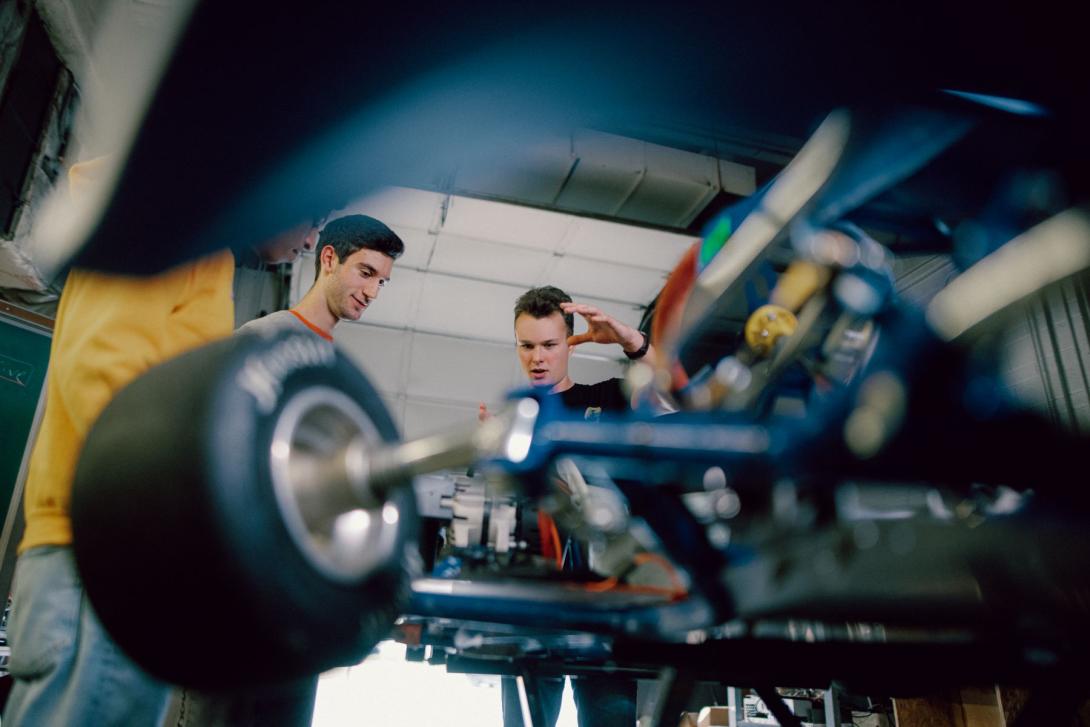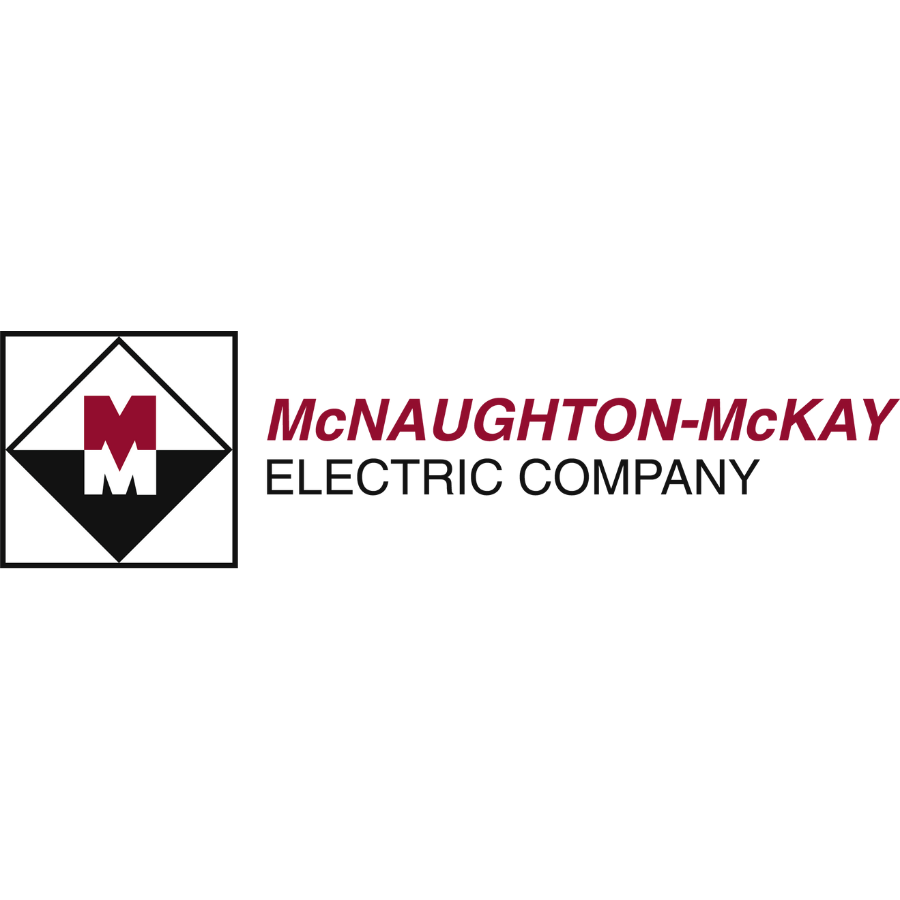Electrical Engineering, B.S.
Request Information
Co-op Experience + Career Opportunities
Through our Co-op opportunities, you can work alongside the sharpest minds in electrical engineering. Accelerate your growth by tackling real-world problems and finding practical solutions.
More About the Co-op Experience
Electrical Engineering Career Paths:
- Automated Manufacturing and Robotic Systems
- Academic Research and Development
- Engineering Design and Development
- Engineering Management
- Entrepreneurial Endeavors
- Research and Academia
Companies You Can Work With:
Work Directly With Electric Vehicles
Work Directly With Electric Vehicles
Get hands-on experience with the GM Mobility Research Center, which features a one-of-a-kind testing track where you can participate in faculty and industry research on hybrid, electric and self-driving vehicles, or test your vehicle as a member of an SAE competition team.

Learn More About the B.S. in Electrical Engineering
Explore the fascinating world of dielectric materials, which are substances that do not conduct electricity easily. In our advanced High Voltage Lab, you'll design, conduct, and test generators and circuits, gaining crucial insights into electronic conduction, partial discharges, and breakdown phenomena. Work directly with faculty to build skills you can immediately apply to your Co-op.
As a capstone to your bachelor’s in Electrical Engineering program, take on an open-ended design challenge with your thesis project. This endeavor is more than an academic exercise — it's an opportunity to produce innovative, impactful work in the field of electrical engineering.
Previous students have gone on to patent their designs, seen their projects implemented as products or processes at their Co-op companies, or even collaborated with faculty mentors on research publications.
Past thesis titles for electrical engineering majors include:
- “Developing an AC Motor Controller”
- “Design and Development of High-Power Magnetics for the Dual Active Bridge Topology”
- "Electrical Harmonic Analysis of Line 9 Automotive Press Line"
Industries from telecommunications to manufacturing eagerly seek to hire talented graduates with a bachelor's in electrical engineering. The U.S. Bureau of Labor Statistics reports the median annual wage for electrical engineers was $106,950 in May 2023, and it projects employment in the field to grow 5% through 2032.
Kettering’s electrical engineering program is accredited by the Engineering Accreditation Commission (EAC) of ABET, under the Commision's General Criteria and Program Criteria for Baccalaureate Level Progams, Electrical, Computer, Communications, Telecommunication(s), and Similarly Named Engineering Programs, http://www.abet.org.
Related Events
Next Steps
Achieve greater and arrive faster with Kettering University’s Bachelor of Science in Electrical Engineering. Launch your career through our cutting-edge labs, faculty mentorship, and paid Co-op experiences.







